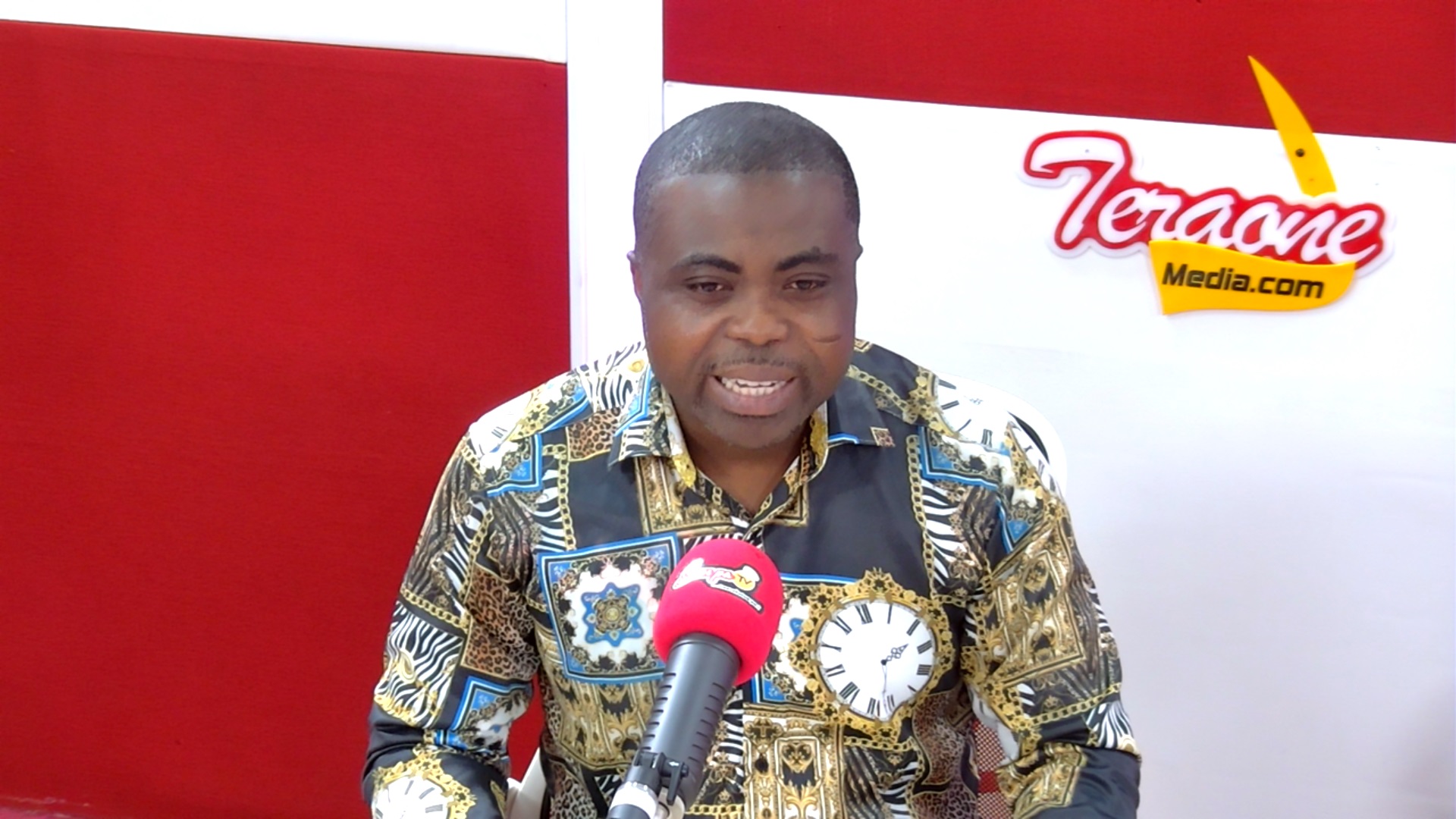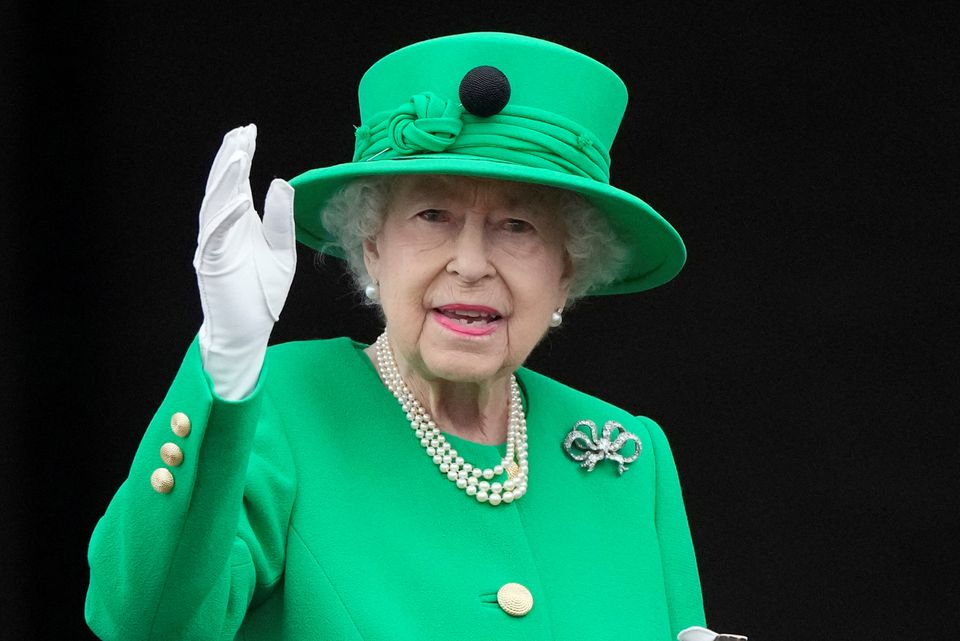If government fails to subsidise electricity tariff, consumers could pay for an astronomical increment in light bills from August 2022, as the Electricity Company of Ghana demands 148% increase in tariff.
A proposal from the power distributor submitted to the Public Utilities Regulatory Commission (PURC), wants the adjustment to cover the period 2019 and 2022.
The ECG has subsequently proposed an average increase of 7.6% in tariff over the next four years to cover Distribution Service Charges (DSC).
ECG attributed the high increase in the Distribution Service Charges to the gap that has developed over the years between the actual cost recovery tariff and the PURC approved tariffs as well as the cost of completed projects.
It also mentioned the continual application of the prevailing tariff (which was a 14% lower) beyond the stipulated regulatory period and the effect of macroeconomic factors such as inflation and exchange rate fluctuation.
“The result of ECG’s tariff proposal for the next five years shows an approximately 148% increase on the current DSC1 in 2022 and an average increase of 7.6% year on year from 2023 to 2026. The high increase in the DSC1 for year 2022 could be attributed to the gap that has developed over the years between the actual cost recovery tariff and the PURC approved tariffs as well as the cost of completed projects”.
“Similarly, ECG’s proposed DSC2 shows a higher increase of 28.4% in first year (2022) while that of the subsequent years’ increases by an average of 2% from 2022 to 2026”, it added.
The power distributor again pointed out that its financial sustainability is important as it impacts on the entire energy sector.
“The financial sustainability of the Electricity Company of Ghana is important as it impacts on the entire energy sector. With the huge investment needs facing the distribution industry over the next five years, it is expected that the proposed tariff increases would inevitably be approved to sustain efficient and reliable electricity service.”
“Over the next five years, the DSC will need to increase consistently (average of 7.6%) to cover distribution cost. It is expected that the approved BGC would correspond with the commercial terms of PPAs (Power Plant Agreements)”, it added.
ECG proposes streetlight tariff to account for full cost recovery
The ECG however recommended an engagement with the PURC on the determination of the defined threshold for a lower tariff for non-residential or commercial customers.
The company also seeks the support of government to introduce a streetlight tariff to enable it to properly account for the full cost of streetlight consumption.
It also anticipates that government would support its financial sustainability by absorbing all cost associated with excess capacity charges.
Service Delivery and Efficiency Targets
With regards to revenue growth, ECG expects to achieve revenue target of 98% and a 10% increase from other revenue sources (non-tariff charges) such as reconnection fee, application fees, penalty on dishonoured cheques, administration fees on illegal connections, among others.
It added that it would procure more smart meters to enhance its revenue growth, adding “ECG also intends to utilise prosecution processes to help improve revenue collection during the period”.













 Sompaonline.com offers its reading audience with a comprehensive online source for up-to-the-minute news about politics, business, entertainment and other issues in Ghana
Sompaonline.com offers its reading audience with a comprehensive online source for up-to-the-minute news about politics, business, entertainment and other issues in Ghana